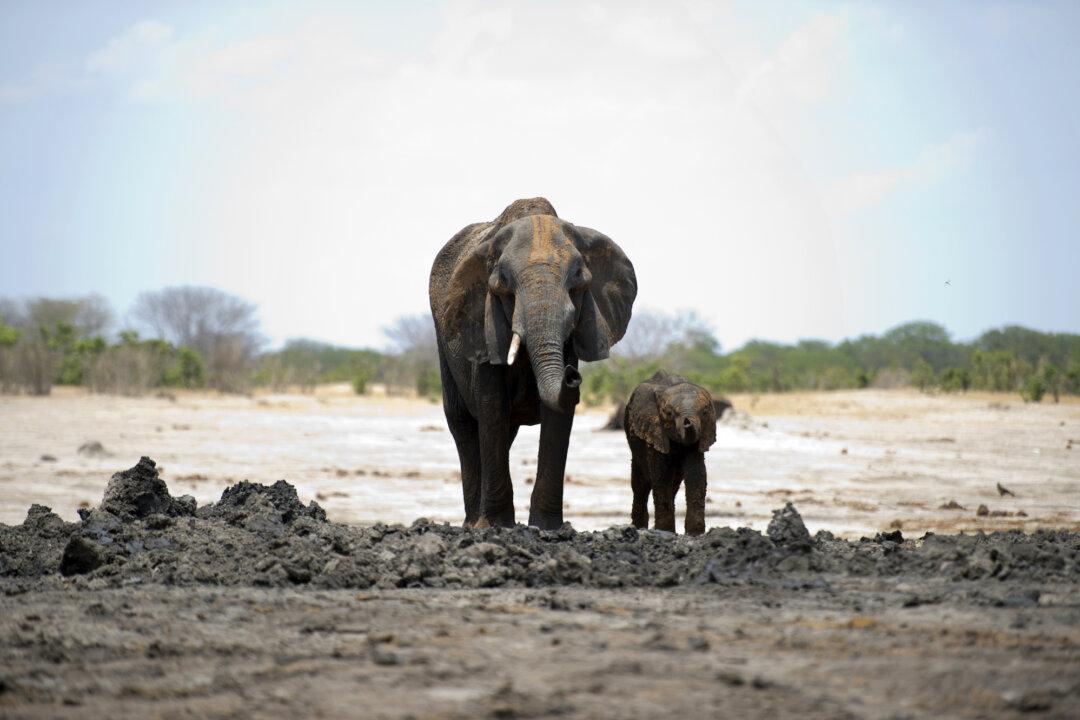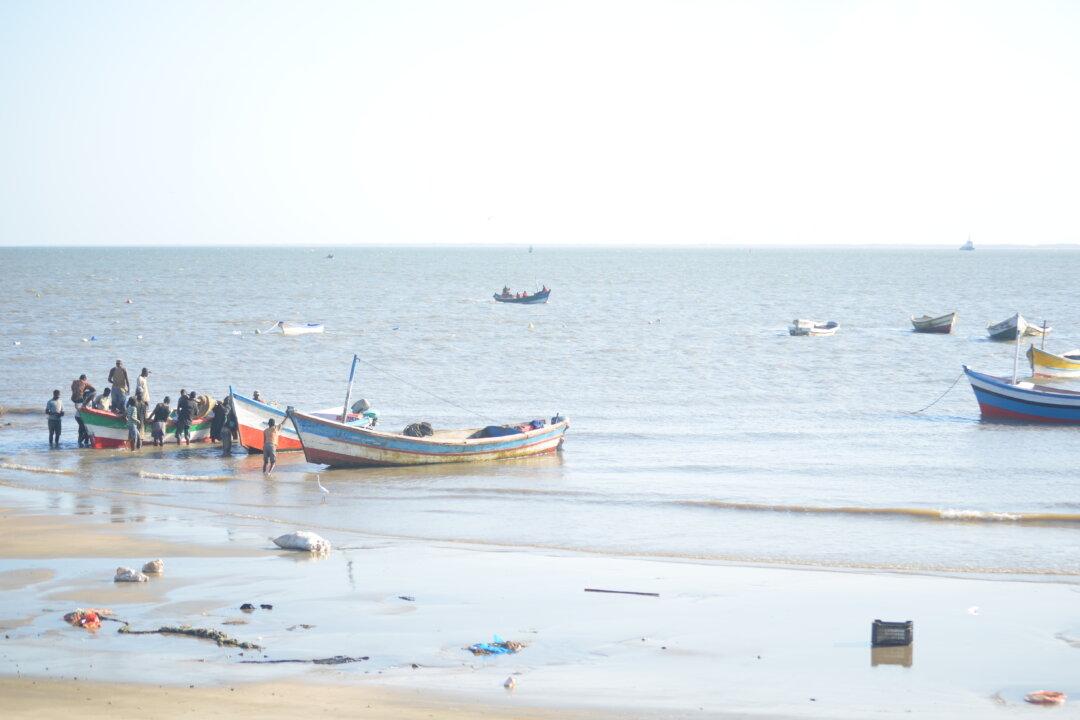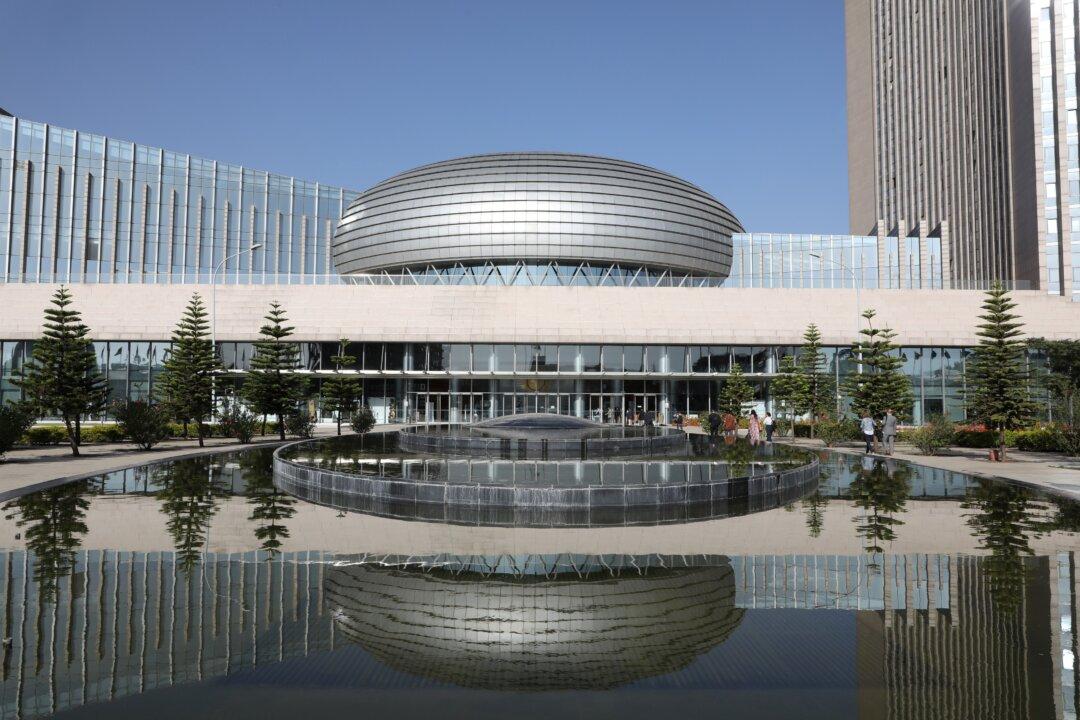MUTARE, Zimbabwe—Plans by the government of Zimbabwe to export as many as 35 baby elephants to China has sparked an outcry among wildlife conservationists who say proper procedures haven’t been followed.
They also raise concerns about China’s significant role in the global trade in endangered species.





